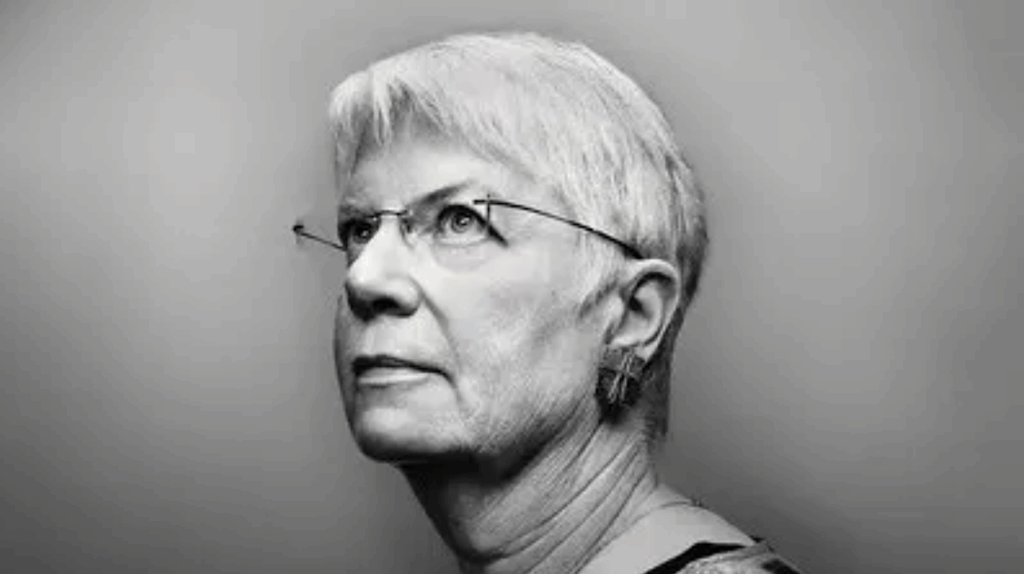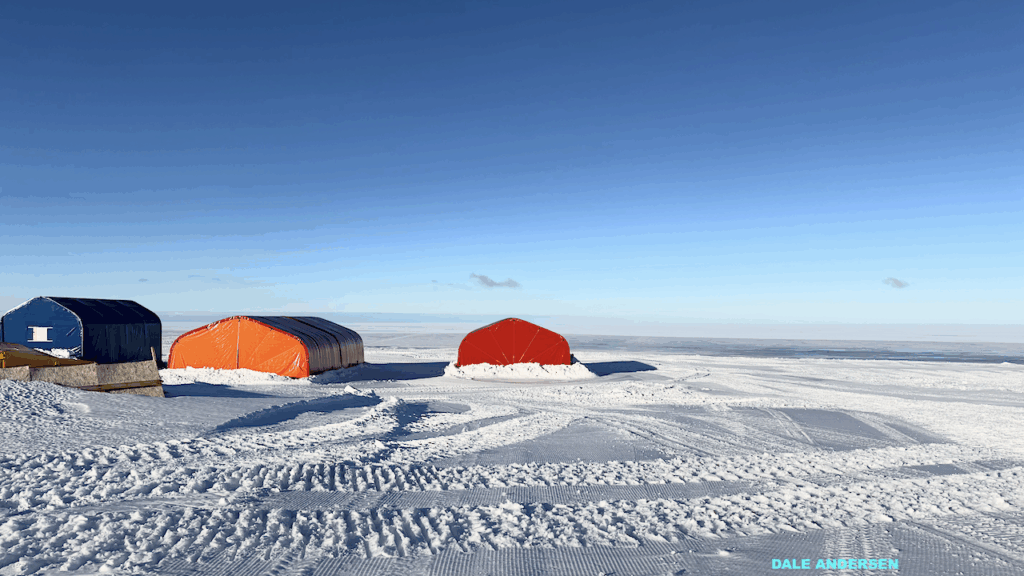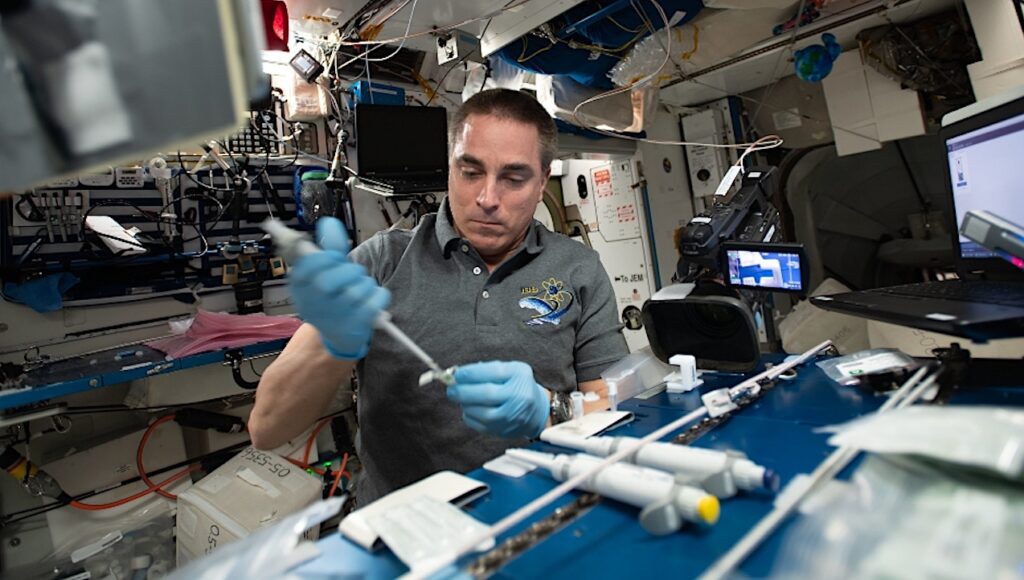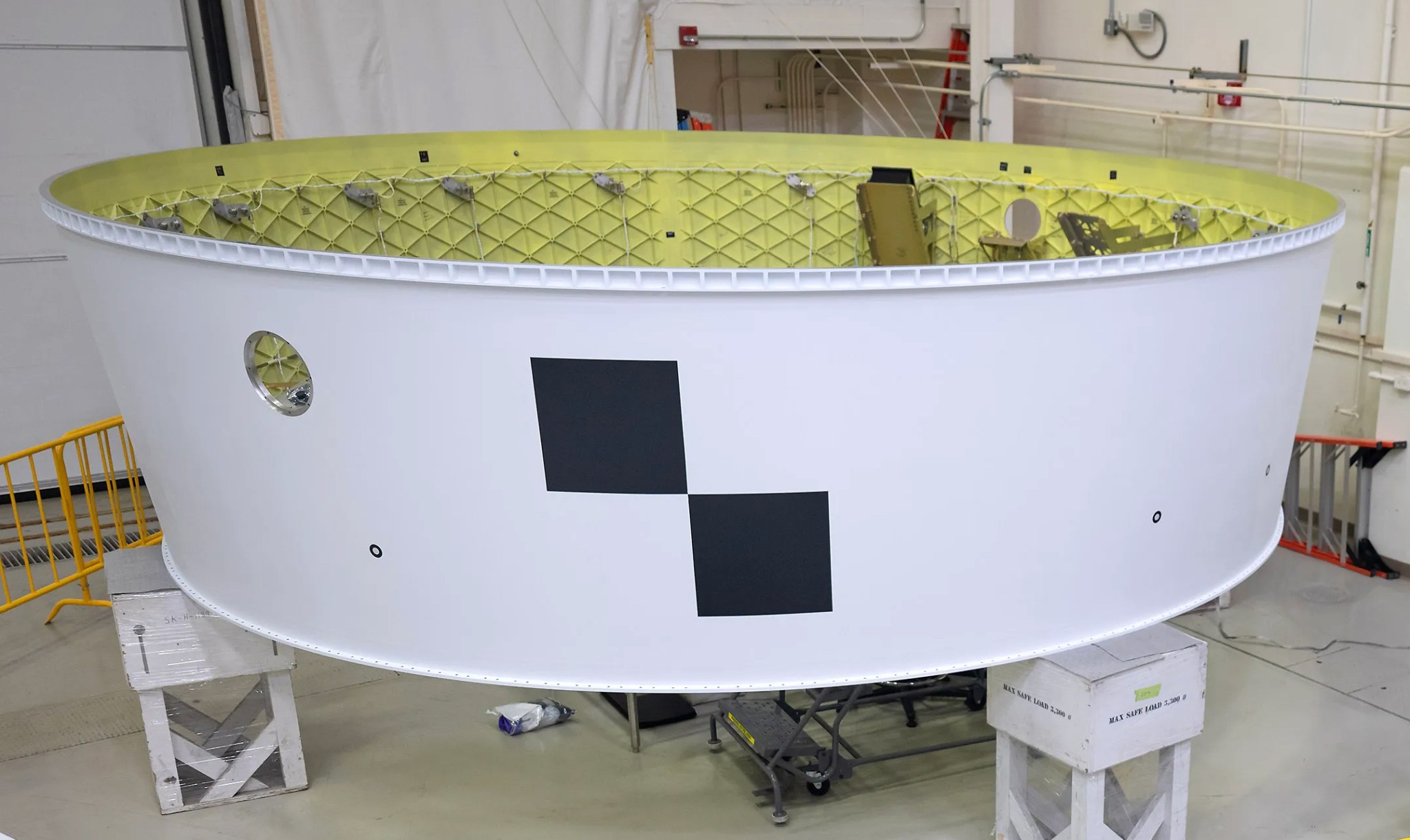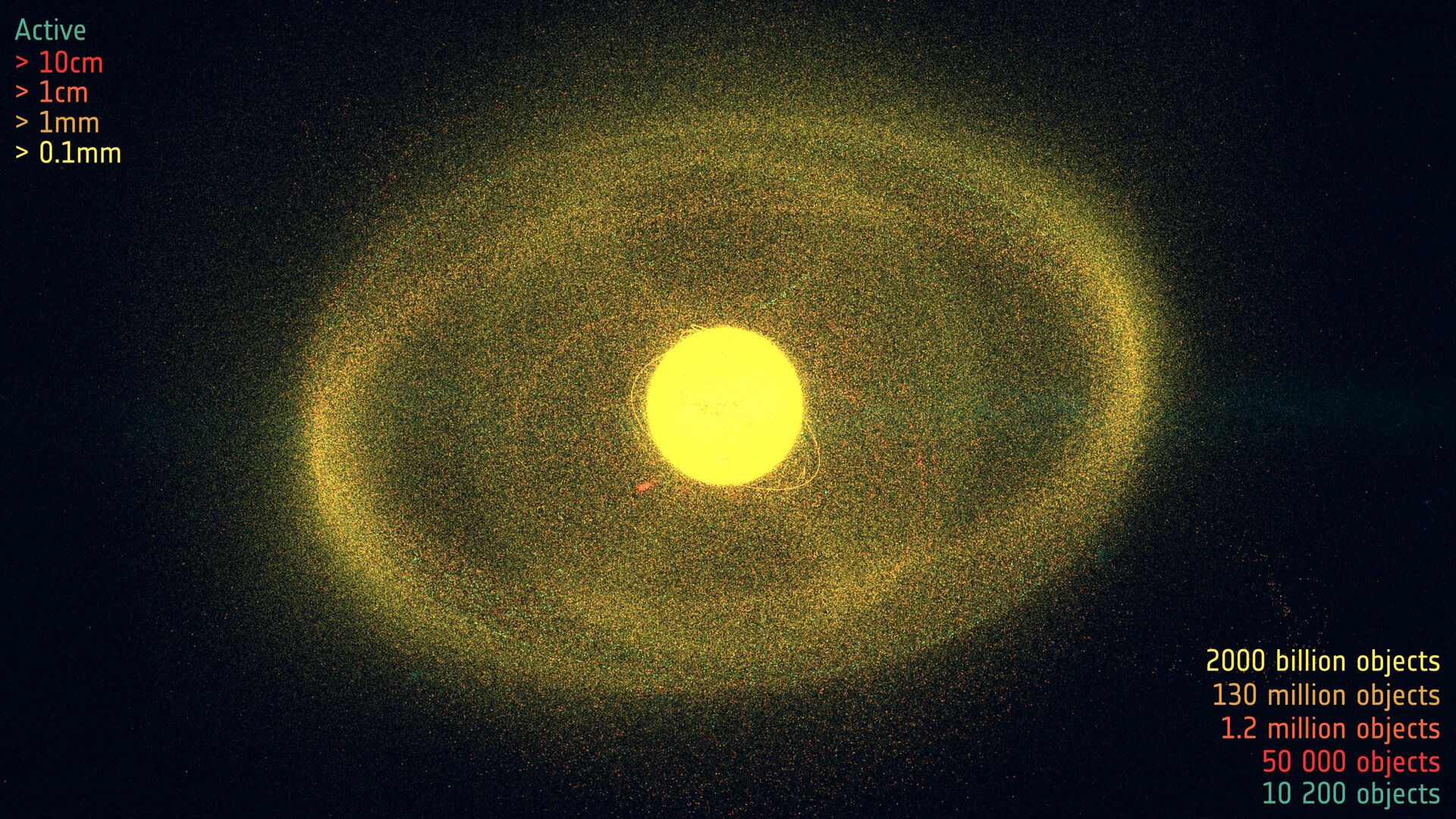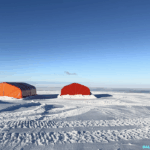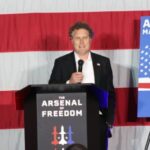Now Reading: NASA Spaceline Current Awareness List #1,161 8 August 2025 (Space Life Science Research Results)
-
01
NASA Spaceline Current Awareness List #1,161 8 August 2025 (Space Life Science Research Results)
NASA Spaceline Current Awareness List #1,161 8 August 2025 (Space Life Science Research Results)
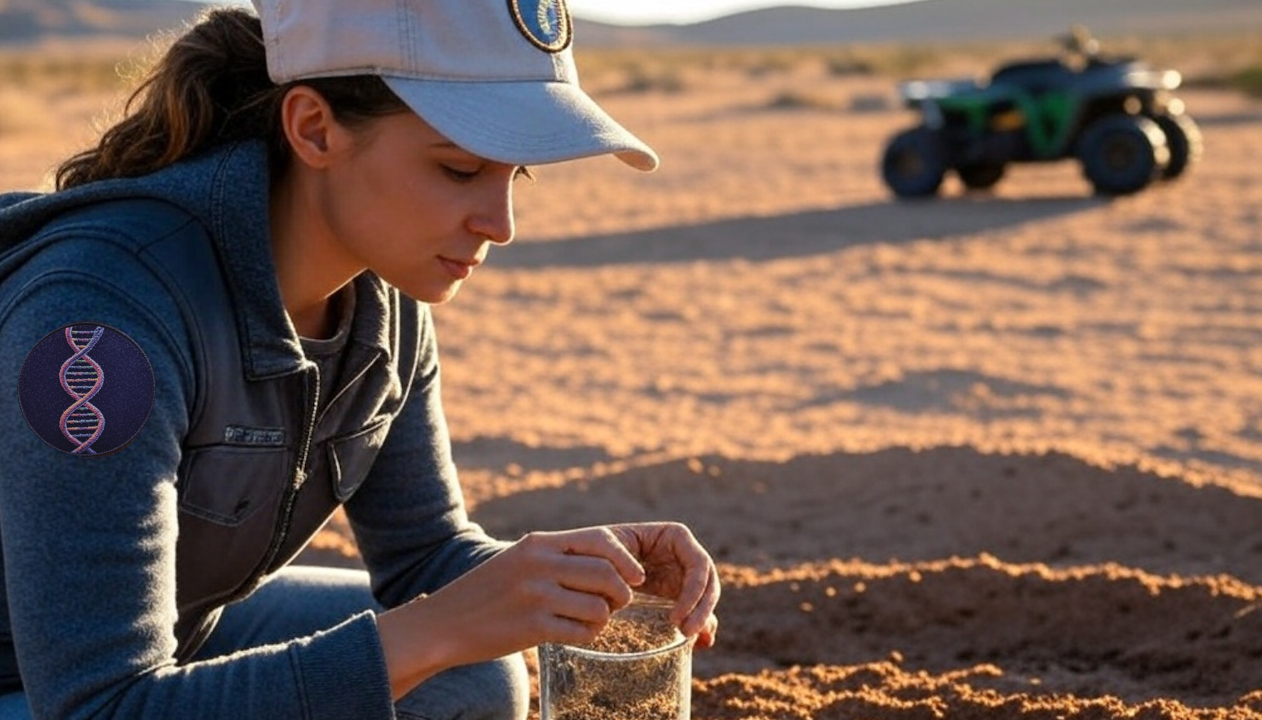

The abstract in PubMed or at the publisher’s site is linked when available and will open in a new window.
Journal Impact Factor: 3.9
Funding: The authors would like to thank Dr. Mark Ott, staff at the NASA Microbiology Laboratory, and staff at the Toxicology and Environmental Chemistry (TEC) for help in obtaining dust from the International Space Station. The authors would like to thank Dr. Ashleigh Bope for assistance with writing the initial draft and implementing the bioinformatics pipeline. The authors would also like to acknowledge National Aeronautics and Space Administration (NASA) grant 80NSSC19K0429 and National Science Foundation (NSF) grant 1942501 to support the work.”
Journal Impact Factor: 1.7
Funding: “The inflight ENT data was provided by Wafa Taiym of the Lifetime Surveillance of Astronaut Health (LSAH) Program, NASA Johnson Space Center.”
Journal Impact Factor: 5.1
Funding: “We would like to thank NASA and TRISH for their past and ongoing research support of these technologies. This work was supported by NASA SBIR funding under grant numbers NNX16CC522P, NNX17CC12C, 80NSSC120C0541, 80NSSC21C0578, 80NSSC23PB612.”
Journal Impact Factor: 5.1
Funding: S.S. Reinsch and R.J. Barker are affiliated with NASA Ames Research Center.
Journal Impact Factor: 10.5
Funding: “This work was supported by the Translational Research Institute for Space Health through Cooperative Agreement NNX16AO69A and National Institutes of Health (R01-CA274640).”
Journal Impact Factor: 2.8
Funding: “This work was supported by the NASA Langley Research Center contract 80LARC22R0003 (F.P.); the Human Research Program under the Space Operations Mission Directorate at NASA (J.H., T.S.); and the NASA Human Health and Performance contract NNJ15HK11B (I.P.).”
Journal Impact Factor: 4.8
Funding: “NASA EPSCoR Program; P20GM103395/NH/NIH HHS/United States; P20GM130443/NH/NIH HHS/United States.”
Funding: “This work was supported by the National Aeronautics and Space Administration (NASA) Biological and Physical Sciences Division grants 80NSSC19K0129 to EBB and 80NSSC18K1462 to SG, and start-up funds from the Biology Department, University of Scranton to BRK.”
Funding: “This work was supported by CPRIT Scholar in Cancer Research (RR210029), V Foundation (V2022-026), and National Institutes of Health R37CA296577, DK056338, P30-CA125123, TRISH NNX16AO69A and H-NORC to D.G.”
Journal Impact Factor: 4.8
Funding: NASA Task Book project “Center for Life Detection Research and Service (CLD-RS) — Computational Systems Biology at the Ecosystem Scale” funding.
Journal Impact Factor: 4.7
Funding: “We received funding from NASA Astrobiology Institute (80NSSC18M0093).”
Astrobiology, space biology, space life science, space medicine, Microgravity, ISS,
Stay Informed With the Latest & Most Important News
Previous Post
Next Post
-
 01From Polymerization-Enabled Folding and Assembly to Chemical Evolution: Key Processes for Emergence of Functional Polymers in the Origin of Life
01From Polymerization-Enabled Folding and Assembly to Chemical Evolution: Key Processes for Emergence of Functional Polymers in the Origin of Life -
 02Two Black Holes Observed Circling Each Other for the First Time
02Two Black Holes Observed Circling Each Other for the First Time -
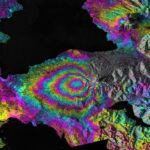 03How New NASA, India Earth Satellite NISAR Will See Earth
03How New NASA, India Earth Satellite NISAR Will See Earth -
 04Thermodynamic Constraints On The Citric Acid Cycle And Related Reactions In Ocean World Interiors
04Thermodynamic Constraints On The Citric Acid Cycle And Related Reactions In Ocean World Interiors -
 05Φsat-2 begins science phase for AI Earth images
05Φsat-2 begins science phase for AI Earth images -
 06Hurricane forecasters are losing 3 key satellites ahead of peak storm season − a meteorologist explains why it matters
06Hurricane forecasters are losing 3 key satellites ahead of peak storm season − a meteorologist explains why it matters -
 07Binary star systems are complex astronomical objects − a new AI approach could pin down their properties quickly
07Binary star systems are complex astronomical objects − a new AI approach could pin down their properties quickly












